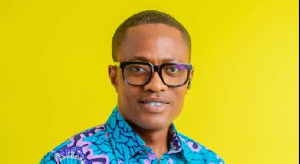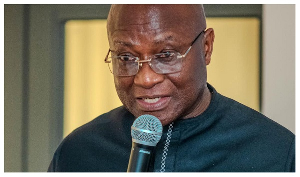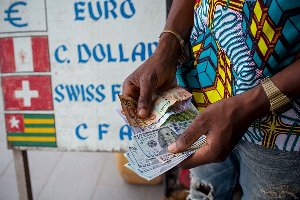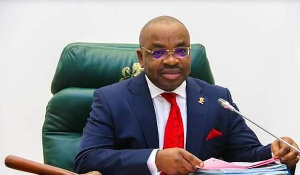In any democracy, the legitimacy and stability of the government rest on fair and transparent electoral processes. As societies evolve and become more complex, so do the methods that can undermine electoral credibility. A forensic audit of elections provides a powerful mechanism to ensure that democratic principles are honored and that public confidence in electoral outcomes is both reinforced and justified.
Re-establishing Trust:
In recent years, elections worldwide have witnessed increasing skepticism, with citizens questioning the integrity of electoral outcomes. This skepticism is often fueled by rumors, misinformation, and, occasionally, actual instances of malpractice. A forensic audit operates as a crucial tool to dismantle these doubts by meticulously examining the entire electoral process, from voter registration to vote counting. By ensuring transparency, such audits can restore and reinforce the public's trust in their electoral systems.
Ensuring Accountability:
Forensic audits serve as an accountability measure, compelling electoral bodies and stakeholders to adhere to established guidelines and standards. By identifying gaps and vulnerabilities in electoral procedures, these audits create opportunities for improvement and reform. This process promotes a culture of accountability, ensuring that those responsible for conducting elections remain diligent and committed to maintaining the integrity of the process.
Technology and Transparency:
The integration of technology in elections, ranging from electronic voting machines to blockchain applications, has introduced new layers of complexity. While these technologies hold promise for enhancing efficiency and security, they also present unique risks. A forensic audit scrutinizes technological implementations, assessing their reliability and uncovering any potential for malfunction or manipulation. By providing a transparent review of electoral technologies, forensic audits help mitigate fears of technological interference, thus bolstering confidence in modern electoral systems.
Preventing future irregularities:
A forensic audit not only investigates suspected issues but also functions as a preemptive measure against future electoral misconduct. Through comprehensive evaluations, these audits pinpoint systematic weaknesses, allowing electoral authorities to address them proactively. This forward-looking approach enables continuous improvement in electoral processes, minimizing the likelihood of malpractices in future elections.
Empowering Citizens:
Transparency is the bedrock of an empowered electorate. When the processes underpinning elections are proven legitimate and trustworthy, citizens become more engaged and motivated to participate in democratic activities. A well-conducted forensic audit communicates to voters that their voices are heard and valued, thereby fostering a more active and informed citizenry.
Global Implications:
As the world becomes increasingly interconnected, the integrity of elections in one nation has implications beyond its borders. Doubts about electoral fairness can influence international relations, trade, and geopolitics. By setting a standard for transparency and accountability through forensic audits, countries can not only stabilize their internal political landscapes but also reinforce their standing and credibility on the global stage.
Conclusion:
The call for forensic audits in electoral processes is not merely aspirational; it is an imperative if democracies are to remain robust and credible. By facilitating transparency, accountability, and technological scrutiny, forensic audits protect the integrity of elections, reinforcing the very foundation on which democratic governments are built. It is time to embrace forensic audits as a vital component of the electoral process, ensuring that democracy genuinely reflects the will of the people.
Opinions of Saturday, 21 September 2024
Columnist: Godson Bill



















